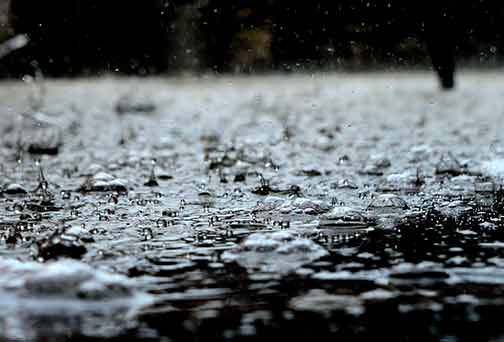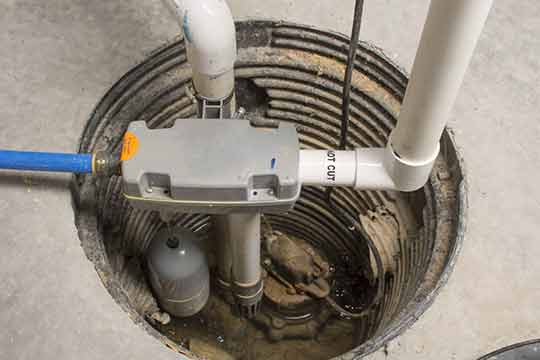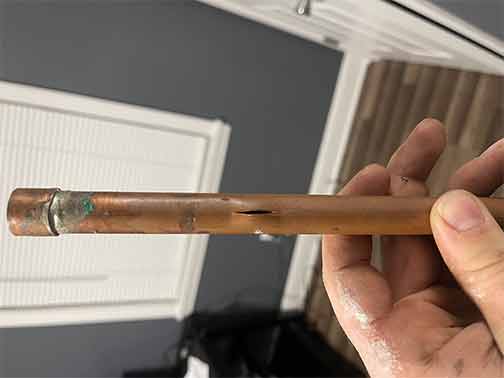
Excessive rainfall can have numerous effects on our homes and surroundings. One area that is particularly vulnerable during heavy downpours is the plumbing system. From overflowing sewers to waterlogged foundations, the impact of excessive rainfall can be significant. In this article, we will explore the potential plumbing issues that can arise from excessive rainfall and discuss possible solutions to mitigate these problems.
The Impact of Excessive Rainfall on Plumbing
When it comes to plumbing, excessive rainfall can cause a range of issues, including:
1. Sewer System Overload
Heavy rainfall can overwhelm the capacity of sewer systems, leading to backups and overflows. When the sewer system becomes overloaded, water and sewage may flow back into homes through drains, toilets, and even basement fixtures. This not only poses health risks but also causes significant damage to the property.
2. Sump Pump Failure
Sump pumps are designed to remove excess water from basements or crawlspaces. However, during periods of excessive rainfall, sump pumps can be overwhelmed, leading to a failure in their operation. This failure can result in the accumulation of water, which can damage the foundation and basement walls, leading to costly repairs.

3. Leak Development
Excessive rainfall can saturate the ground surrounding your home’s foundation, increasing hydrostatic pressure. This increased pressure can cause cracks in the foundation or weaken existing ones, leading to the development of leaks. Leaking foundations can result in water seeping into basements or crawlspaces, causing further damage to the property.
4. Burst Pipes
Heavy rainfall can also put additional stress on aging or deteriorating pipes. The increased pressure from the excess water can cause pipes to burst, resulting in severe water damage. Burst pipes not only require immediate attention but can also be expensive to repair.

Preventing Plumbing Issues from Excessive Rainfall
While it may not be possible to completely eliminate plumbing issues caused by excessive rainfall, there are several preventative measures you can take to reduce the risk:
1. Regular Maintenance
Ensuring that your plumbing system is well-maintained is vital in preventing issues during heavy rainfall. Regularly inspect your pipes, drains, and gutters for any signs of damage or blockages. Clear out debris from gutters and downspouts to allow for proper water flow and prevent clogging during periods of heavy rain.
2. Install a Backflow Preventer
Backflow preventers are devices that prevent water and sewage from flowing back into your home’s plumbing system. Installing a backflow preventer can help protect your home from sewer system overloads, reducing the risk of backups and costly repairs.
3. Backup Power for Sump Pumps
Invest in a backup power source, such as a battery or generator, for your sump pump. This ensures that even during power outages, your sump pump will continue to operate, reducing the risk of basement flooding.
4. Foundation Waterproofing
Consider waterproofing your foundation to protect it from excessive rainfall. This can involve applying sealants or employing more advanced waterproofing techniques, depending on the specific needs of your home. Waterproofing your foundation helps to minimize the risk of leaks and water damage.
Conclusion
Excessive rainfall does indeed lead to plumbing issues that can have significant consequences for homeowners. From sewer system overloads to burst pipes, the impact of heavy rain can be severe. However, by understanding the potential problems and taking preventative measures, you can reduce the vulnerability of your plumbing system and protect your home from costly repairs and water damage.

